Individuals & Events
Of course, individuals and events permeate history. However, the Key Stage 1 units of study particularly require the study of significant individuals and events. What makes an individual significant? What might be considered a significant event? The emphasis is upon a comparison of individuals and events that can be used to make links across time, themes and geographical space. In this section you will find resources and articles to help you to plan innovative units of work based around individuals and events that can either be used to reveal a local, national and international picture, or that can be used to illustrate themes over time or geographical space.
Sort by:
Date (Newest first) | Title A-Z
Show:
All |
Articles |
Podcasts |
Multipage Articles
-
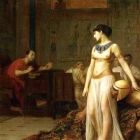
What made Cleopatra so special?
ArticleClick to view -
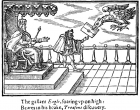
Where might the Gunpowder Plot sit within the principles of the new model curriculum?
ArticleClick to view -
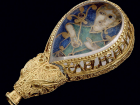
Who was King Alfred? And was he really ‘Great’?
ArticleClick to view -
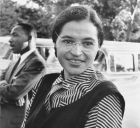
Why is diversity so important and how can we approach it?
ArticleClick to view -

William Brookes and the Olympic Games
ArticleClick to view -

Women and space: reaching for the stars
ArticleClick to view -

Women in parliament since 1918
ArticleClick to view -
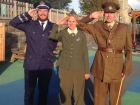
World War II: breathing life into a local history enquiry
ArticleClick to view -

‘It’s a great big ship!’: Teaching the Titanic at Key Stage 1
ArticleClick to view -

‘So why did they go into hiding?’ Anne Frank in her historical and social context
ArticleClick to view

